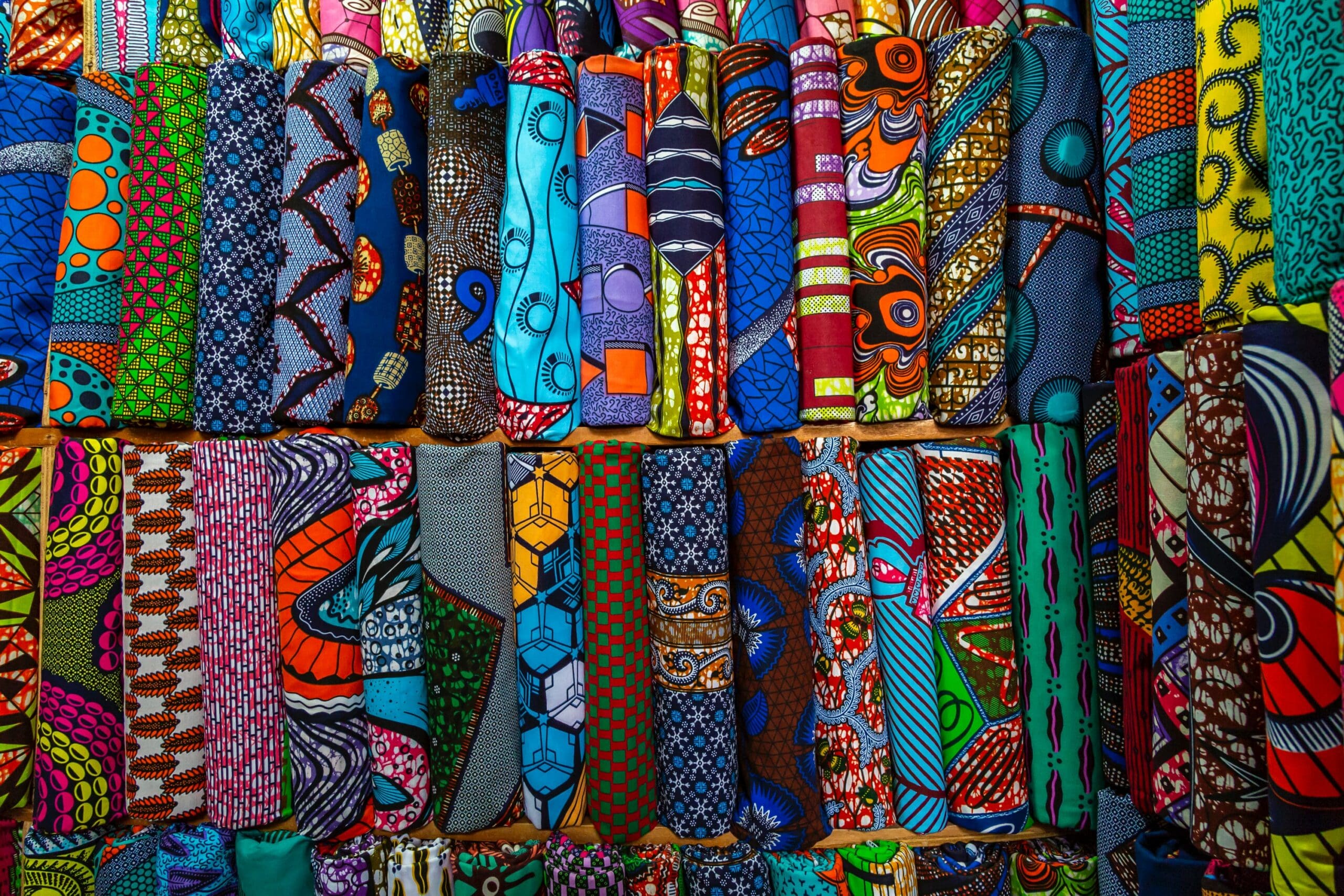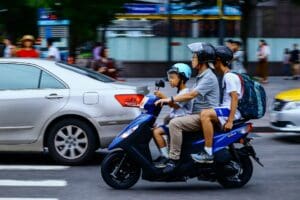By: Stella Wamae. —
______________________________________________
Key stats:
- Africa, with a median age of 19.5, accounts for 16.72 per cent of the world’s population, expected to double by 2050.
- In Kenya, GiveDirectly began a cash distribution programme in 2011.
______________________________________________
When Andrew Yang launched his presidential campaign, his Freedom Dividend policy made him the dark horse of the Democratic candidates.
He proposed a universal basic income (UBI) of $1,000 (Sh100.000) a month for every American adult as a response to job loss as a result of increased automation.
Even after he suspended his campaign early this year, the “Yang Gang” (Yang supporters) have elevated discussions on UBI and automation.
UBI is a programme that delivers cash payments periodically to adult citizens indiscriminately. Initially considered too costly or “socialist”, perceptions about it are beginning to change as automation reduces the number of jobs.
As early as 1967, Dr Martin Luther King, Jr., in his book Where Do We Go From Here: Chaos or Community, noted that efforts to tackle the root causes of poverty, like housing and education, were too small-scale and disorganised to be impactful.
The solution, he said, was to tackle poverty head-on by creating either full employment or incomes; giving every person a middle-class income would elevate the entire population to at least the middle class.
Pushed into poverty
Africa, with a median age of 19.5, accounts for 16.72 per cent of the world’s population, expected to double by 2050. It has the youngest population; the African Development Bank (AfDB) says a third of its youth are jobless, one third of these vulnerably.
In April, Oxfam International said over half a billion people could be pushed into poverty by Covid-19. In regions such as Sub-Saharan Africa, this could push back the gains in poverty alleviation over 30 years. Half of the jobs could be lost. Twice the number of youth as adults have no job.
UBI could help nations to address the widening inequalities between the wealthy and the extremely poor.
UBI would allow those in extreme poverty to build wealth and also reduce the economic migration of Africans, which often leads to modern slavery. It could help to bridge the gaps in social services.
Consumption of food
In Kenya, GiveDirectly began a cash distribution programme in 2011. A preliminary study showed that the programme increased local consumption of food, medicine, education and wellbeing without increasing alcohol and tobacco use.
The households also increased investments in livestock, furniture, and home improvements. Similar small-scale programmees in Zambia and Ghana also showed an increased school enrolment and decreased dropouts.
No country has implemented nationwide cash transfers though proposals are under consideration in Sweden and Taiwan but Switzerland overwhelmingly voted it down. African nations should adopt UBI as economic growth has not provided jobs for all or eradicated poverty. In the words of Dr King, “the curse of poverty has no justification in our age”.





















